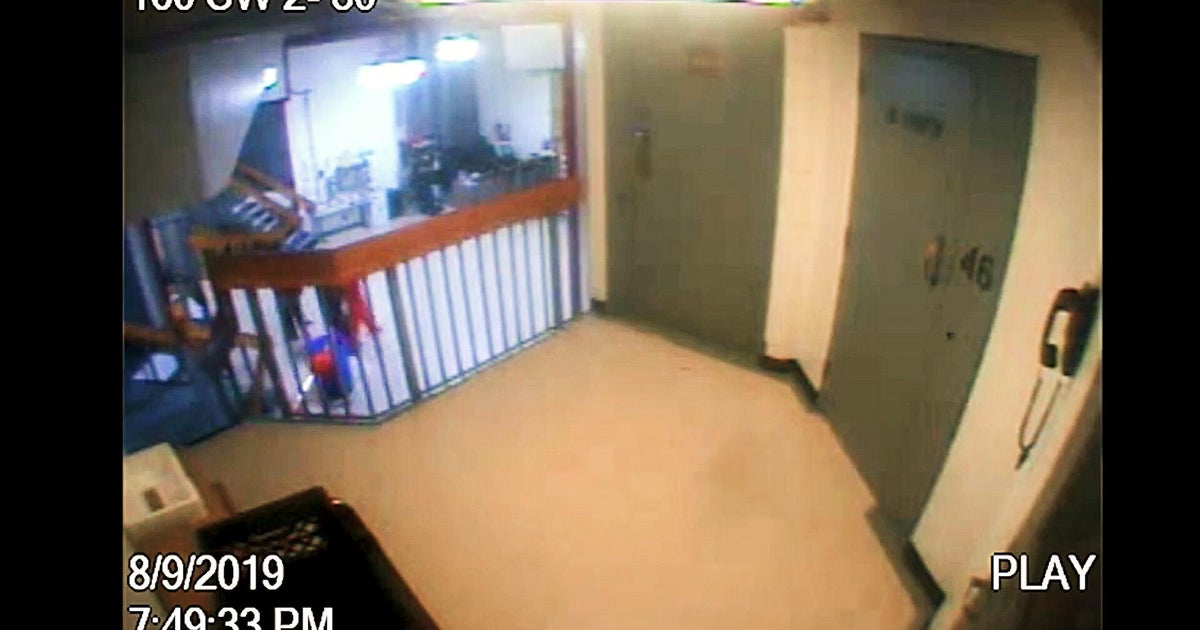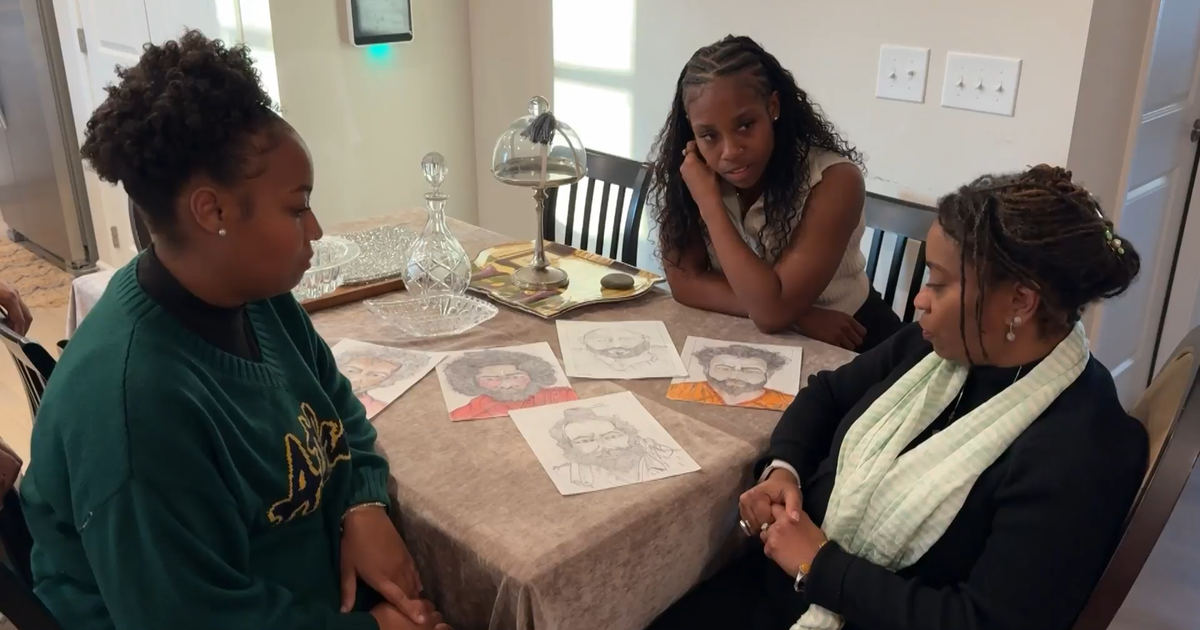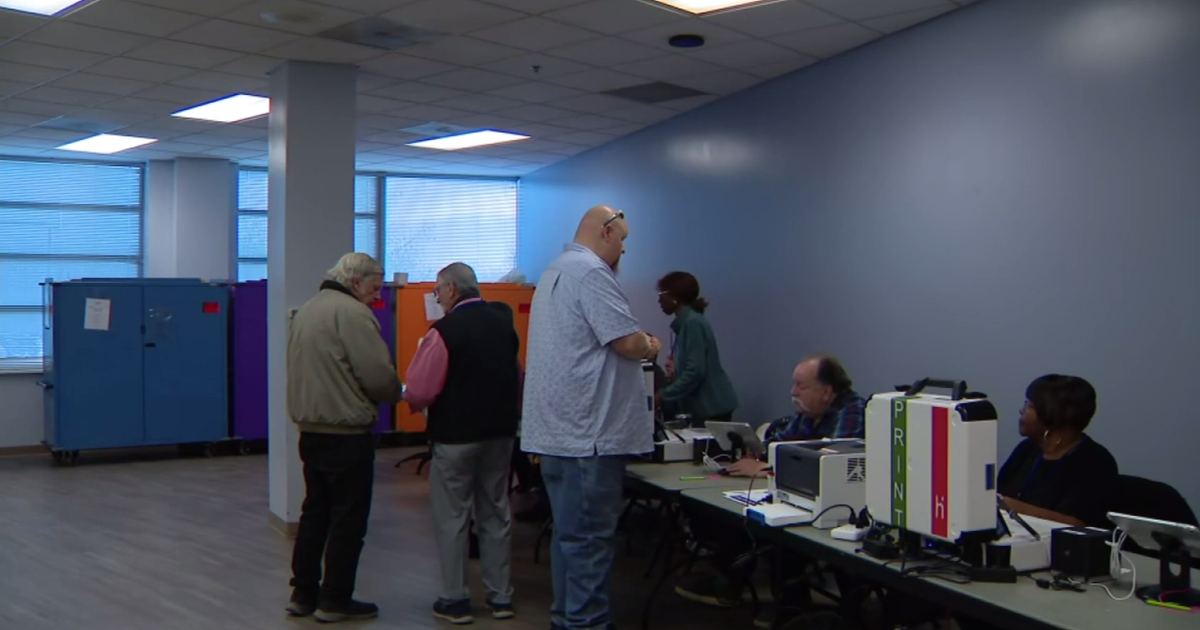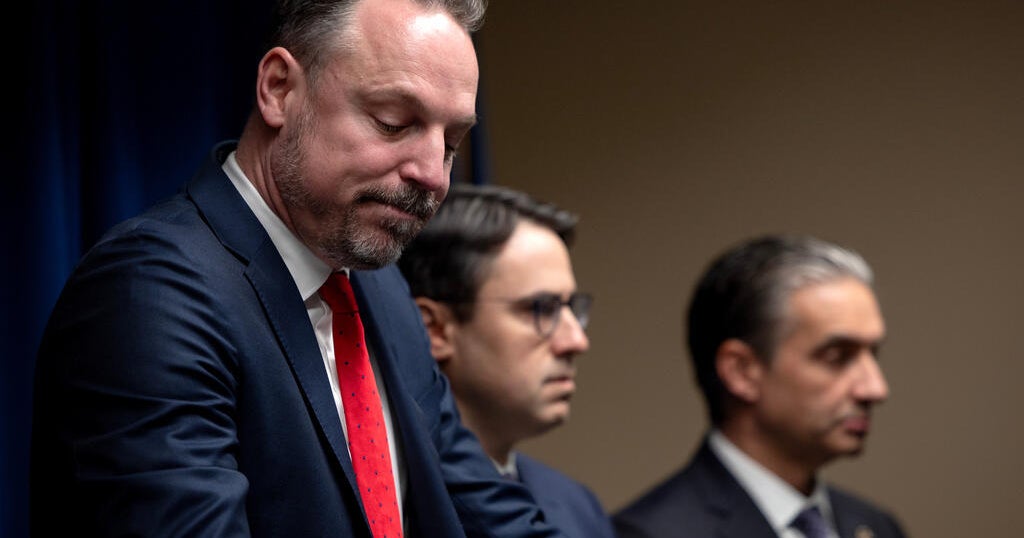BART Adopts New Cell Phone Policy In Wake Of Shutdown Flap
OAKLAND (KCBS) - Bay Area Rapid Transit's Board of Directors has adopted a new policy for when cellphone service may be interrupted—an issue that took center stage over the summer when the transit agency cut cell service at several San Francisco stations to stop a planned protest.
The policy, approved Thursday, calls for cell phone access to be restricted only if there is imminent danger of property damage or service disruption in a dire emergency such as a terrorist attack or a hostage situation, a decision that now lies exclusively with BART's general manager.
KCBS' Bob Melrose Reports:
"In the future, when an agency is faced with this, they at least can turn to our policy for some guidance," said Bob Franklin, president of the BART Board of Directors.
BART became the first transit system in the country to craft a formal cell phone policy.
Last-minute revisions to the proposed policy were made Wednesday night after BART received feedback from the Federal Communications Commission, board President Bob Franklin said.
Franklin said the FCC recommended adding two sentences stressing that any interruption of cellular service poses serious risks to public safety and that open communication networks are vital to the economy and democracy.
The FCC also recommended that the policy include a stipulation that "the public safety benefits outweigh the public safety risks of an interruption" in order for cellphone service to be turned off.
The new policy states that cell service may only be interrupted in "extraordinary circumstances" in which BART has strong evidence that cellphones may be used to set off explosives, facilitate violent crime, or facilitate specific plans to destroy district property or substantially disrupt public transit services.
The discussion drew only one public comment, in contrast to a heated meeting on the policy during a wave of protests in August.
That speaker, Berkeley resident Bryce Nesbitt, asked the board to strike from the policy the third circumstance in which cell service may be interrupted.
Nesbitt, who works as an electrical engineer and was not involved in the summer's protests, said that circumstance could apply to many protests.
"I feel the utility of cell service to protests is small, and basically it's not worth it," Nesbitt said.
Despite Nesbitt's objections, the board unanimously passed the revised policy as-is, with two board members, Lynette Sweet and Joel Keller, absent.
Several board members expressed relief that the FCC had weighed in on the policy before it was passed, allaying any concerns that the policy would have to be further revised following the completion of an FCC investigation into the interruption.
The interruption came after a protest over the July 3 BART police shooting of Charles Hill in San Francisco's Civic Center station. After receiving intelligence that protesters planned to disrupt BART service with another demonstration, BART shut down cell service at four stations to impede the protesters' coordination.
That protest failed to materialize, but the move to interrupt cell service drew criticism from civil rights groups and reinvigorated BART protesters, prompting the hacker group "Anonymous" to organize later protests over the move.
The board said the new policy was written after BART received input from the American Civil Liberties Union and police chiefs from several cities served by BART.
(Copyright 2011 by CBS San Francisco. All Rights Reserved. This material may not be published, broadcast, rewritten, or redistributed.)







